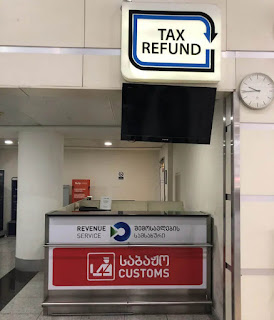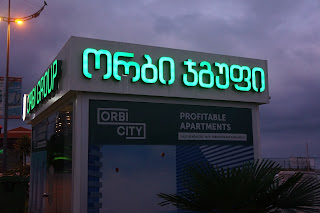Messina: The City Of Cars
The Italians have many similarities with the Chinese. In both countries family ties are strong, government corrupted, there is trash everywhere, but people are most warm-hearted and hospitable. Moreover, in both countries people love to eat pasta (or noodles) and they feel strongly about their religion. The Chinese worship money and the Italians the Pope.
These striking similarities drew our attention right after arriving in Italy and they still feel the same after one year when leaving Italy. Despite the evident problems, we enjoyed the country a lot and ended up staying a whole year in Sicily in the two corners of the island, in Trapani and Messina.
East versus West Sicily
Trapani is more touristy than Messina. Thanks to this, the city has a bit better trash handling system, a cleaner look, and a smaller rat population. In Messina, we often spotted rats on our evening and early morning walks.
Cars are very important everywhere in Sicily and traffic is chaotic. Even the shortest distances required motored transportation. When jogging, sometimes cars seemed downright decided to hit us. The worst times were early Sunday mornings, when roads were crowded by drunk drivers.
In Sicily, cars are needed not only for moving around, but also for having sex. When walking on the beach we were wondering why there was always so many cars around, especially on lunch break. Soon we realised that secret lovers drove to the beach to enjoy each other’s company in privacy. In Italian family houses there is seldom such luxury available.
North versus South Europe
Vertical differences are more visible than horizontal. The difference between South and North Europeans can be summarized in the dichotomy proactive versus reactive.
North-Europeans live for the future. They work hard, plan, save, and make investments for a better future. They make regular checks on their house to see that everything is working, and repair the things that can possibly cause harm sooner or later. In Finland, there is a saying that it is no use wiping your ass when the shit already happened. People think it is always better to prepare oneself for different kind of situations well in advance.
Italy is the opposite. Their saying is: “Non ti bagnare prima che piova”, don’t get wet before it rains. They live more in the present moment and only care about the problems that are visible and cause substantial harm. Money is spent whenever one has some, and if a pipe is leaking in the house, a temporary solution is figured out instead of a big, costly renovation. This usually costs more in the long run, but who cares?
We knew the Latino mentality after spending a year in Argentina so we were prepared and did not get as frustrated as in Buenos Aires. Moreover, compared to their Southern American relatives, the Italians have more honour. If they fail to keep their promises, they are at least a bit ashamed about it.
Guilt is an essential part of Italian culture although people seem very careless and easy-going. The Catholic church makes society conservative and burdens people with guilt. The Italians feel guilty about not taking enough care of their parents or children, not being successful in life, not having a job. This guilt is naturally important for the church, because it makes people give them money for relieving guilt.
Summary
We enjoyed Sicily for many things. The best were of course the Sicilians themselves who appreciate foreigners coming to the island. Locals do not judge you by your appearance nor do they refuse to serve you if you don’t speak Italian. English is not widely spoken but you will always get by anyhow. It is all about good will and mutual trust.
Another thing we liked a lot was the abundance of berries and fruits. We got to eat lots of blackberries, mulberries, prickly pears, chestnuts, strawberry tree berries (arbousier), fiques, oranges, mandarins, apples. In Trapani we also had good time with stray dogs and in Messina we were dog-sitting Olive.
We decided to move on as Sicily already felt a bit too familiar. A change was needed. Happy travels and hope to see you around!







Comments
Happy travels,
Päivi & Santeri